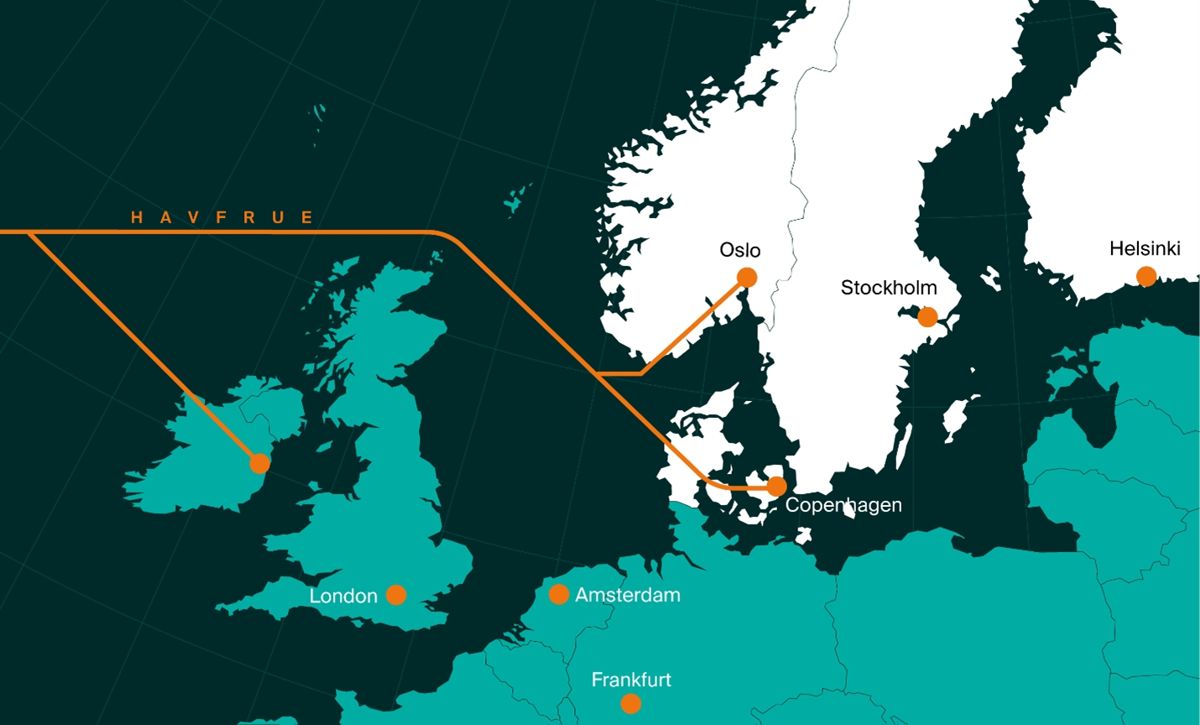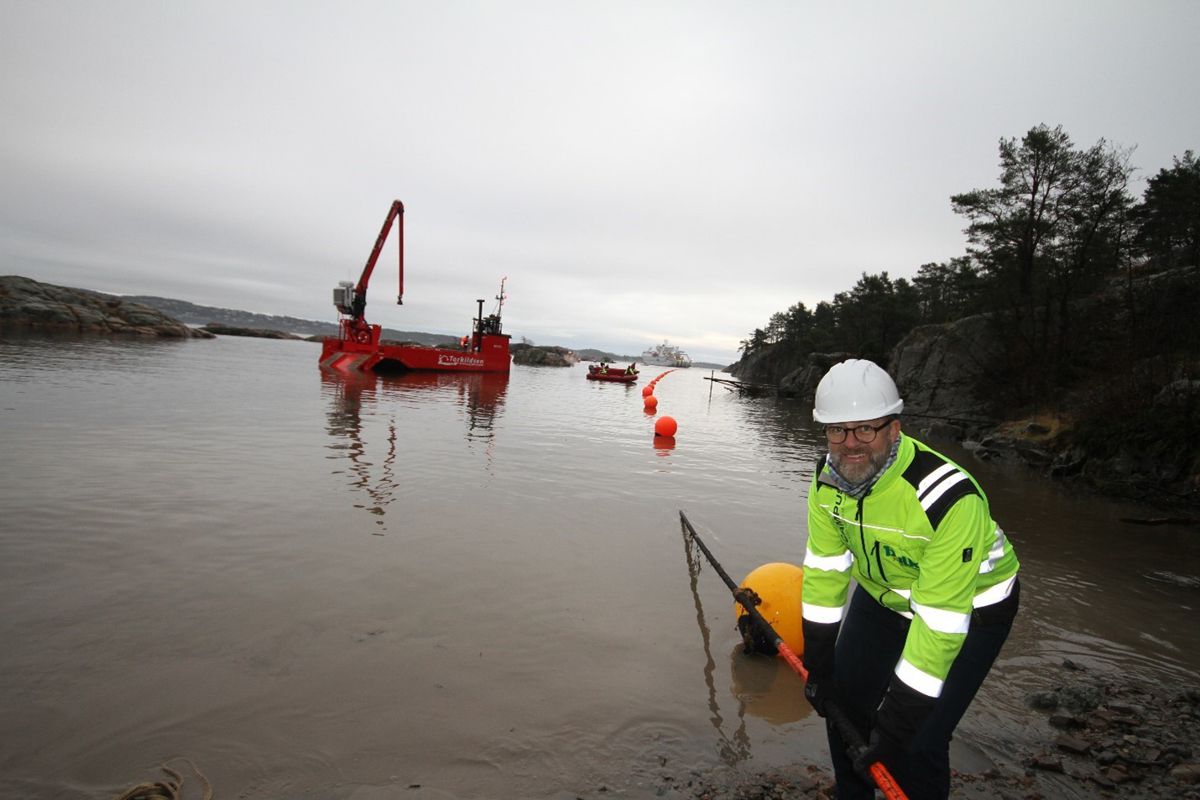APTelecom and Bulk Fiber Networks partner on HAVFRUE Cable System
Bulk Fiber Networks announced today that it has engaged APTelecom, an award-winning fibre consulting firm specializing in global markets, to serve as its International Sales Partner to assist with the monetization of HAVFRUE, a new submarine cable system providing connectivity across the Atlantic.
The HAVFRUE subsea cable is the first new undersea cable traversing the North Atlantic to connect mainland Northern Europe to the continental U.S. in nearly two decades, and the first ever to connect into Norway. It connects New Jersey, USA, to Esbjerg in Denmark with branches to Ireland and Norway.

“HAVFRUE is an important addition of modern, diverse routing options connecting our growing data centre capabilities in the Nordics with Europe and the United States,” says Peder Nærbø, Founder and Chairman of Bulk Infrastructure. “APTelecom brings a track record of global success in strategic fiber consulting and helps bring our Nordic sustainable infrastructure to the major international markets.”
The Nordic region has become a strategic location for Hyperscalers and ISPs due to abundant and affordable sustainable energy sources. The HAVFRUE subsea cable will support the large-scale data transport requirements with Bulk Fiber Networks offering flexible and advanced capacity solutions.

Bulk Fiber Networks is a division of Bulk Infrastructure, a leading provider of sustainable digital infrastructure in the Nordics. Bulk helps global organizations to solve complex data and logistics problems and focus on leading in the delivery of long-term sustainable solutions with the lowest total cost of ownership.
“We are honoured to be a part of such an important project and working with the team at Bulk Infrastructure that have decades of experience in establishing and operating digital infrastructure where it never existed before,” said Sean Bergin, President of APTelecom & Chair, Board of Governors at PTC. “The demand for data continues to grow across the Atlantic and even more so in the Nordic regions where current capacity is extremely limited. The region will benefit greatly from increased capacity infrastructure to boost potential and make network services fit for use beyond 2021.”




























